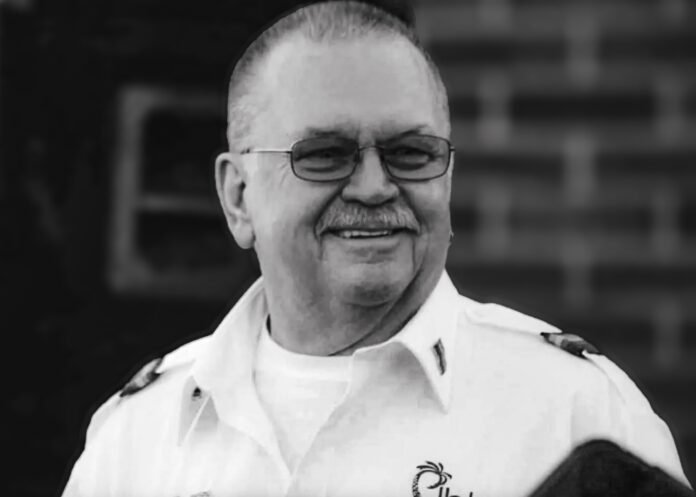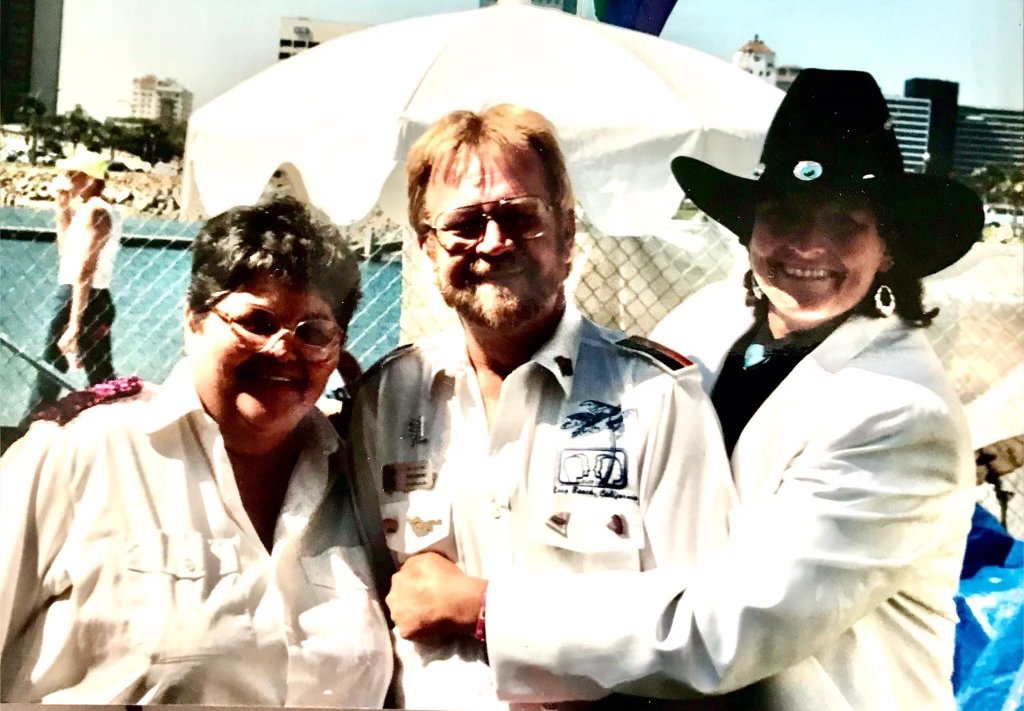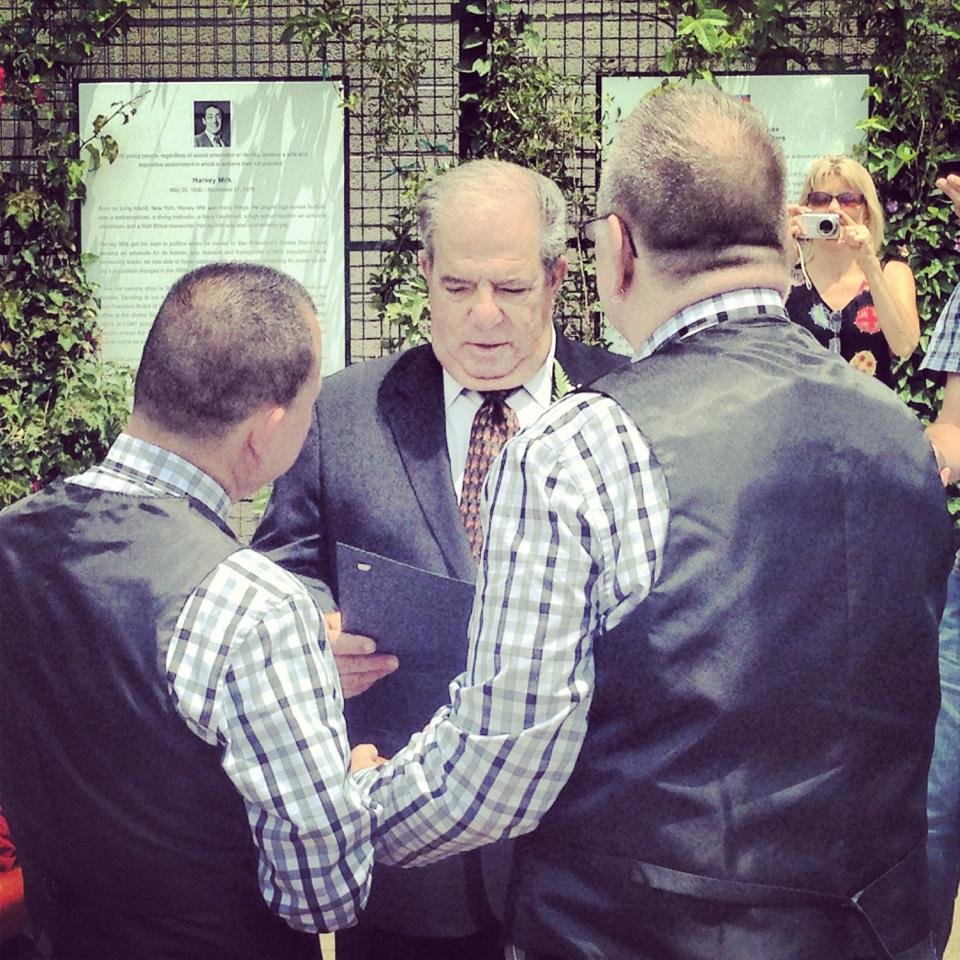After a struggle with stage four lung cancer, Long Beach gay pioneer Bob Crow—one of the founding members of Long Beach Pride, Long Beach’s largest event minus the Grand Prix—has died at the age of 78.
“There are no words to heal the void in our hearts with Bob’s passing,” said longtime friend and newly minted Long Beach Pride Preisdent Tonya Medrano-Martin. “The only thing we can do is to remember that within this void lives the legacy of his vision and work; a legacy so strong that it changed the very fabric of our city and gave us a place to live freely and to say, ‘I am what I am.'”
Born in Alabama, growing up in various towns like Jasper, Gadsden, and Tuscaloos, Crow made the move to California after finding Mobile, Alabama too small for his tastes—and member-only, 24-hour queer spaces (like Sam’s Place, one of his favorites, which is now The Brit) throughout Long Beach and L.A., our city is eventually where Crow would call home until the end of his life.
“Today, we lost a Long Beach legend, a pioneer who paved the way for generations to express their authentic lives,” California Senator Lena Gonzalez wrote on X. “He was an example of dedication and leadership that brought equality and diversity to many communities throughout Long Beach and California.”
Crow, joining other co-founders Judith Doyle and Marylin Barlow, created the Long Beach Lesbian & Gay Pride (as it was known then) in 1983, amid a time of both tumultuous societal acceptance and hopeful future visions of unity when it came to the country’s relationship with the LGBTQ+ community. It marked a time when queer people were not only relegated to silence about themselves in the name of protection but also halted years of progress post-Stonewall in terms of how Americans viewed gay people.
Although AIDS was first identified two years prior to the trio forever altering Long Beach’s relationship to queer people and culture, then-President Ronald Reagan avoided uttering the word for nearly the entirety of the 1980s—and his defiance in recognizing a disease that was abolishing an entire community ushered in a conservative turn throughout the decade that came to define queer people as disease-prone deviants.
This is precisely what fueled Crow and his crew—and the first few years, to put it lightly, were anything but rainbows.
Then-councilmembers Warren Harwood and Edd Tuttle, as well former mayors Eunice Sato and Ernie Kell, did not mince words when it came to the festival: Comparisons to monkeys jumping around in the trees and comments about moral superiority were but a sliver of the poison fed back to Crow, Doyle, and Barlow.
Nonetheless, Crow and his entourage persevered—and Bob even managed to see one of Pride’s major milestones this year: its 40th anniversary.
“I might not make it to 41,” he told the Press-Telegram, “but I’m happy to support it in any way I can.”
And therein sit the spirit of Bob: Open to change—including ditching the archaic original title of the Pride organization and opening its doors to trans and non-binary members—and always open with his heart, Crow exuded the kindness that few of his generation were ever shown while they paved the way for the comfort many queer people have today.
And though the fight is far from over, why is there a sense of calm in knowing that he’ll still be there next year at Pride, overseeing and cheering on through the winds?





